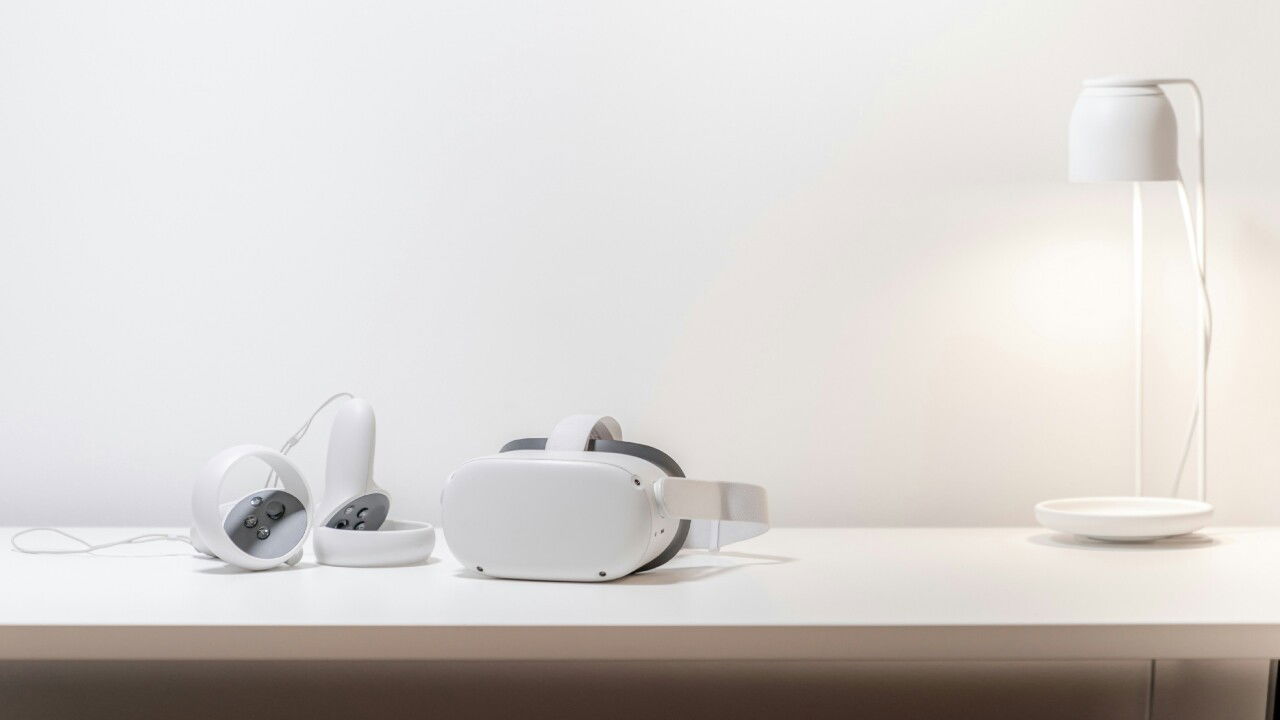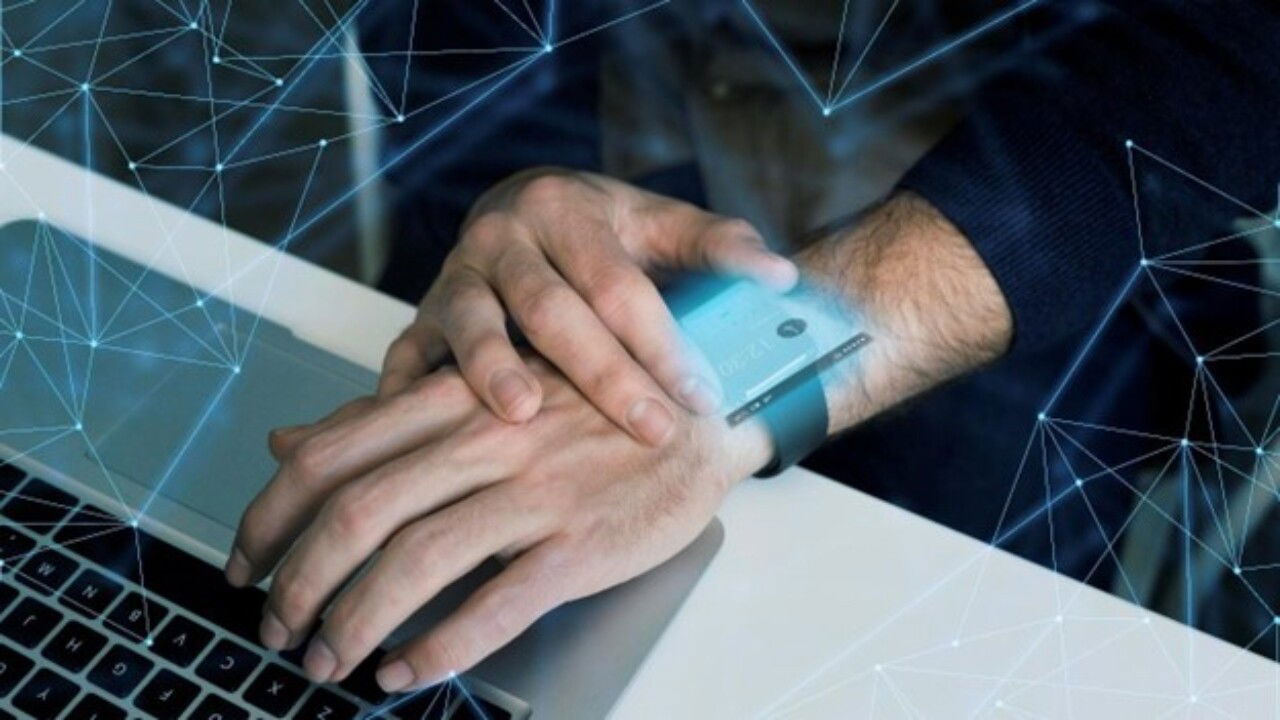Technology is changing human lives rapidly by improving many areas, and it has the power to transform the world around us completely. Nowadays, a lot of things have changed from the past, and the way we socialize and communicate with each other is evolving with the help of technology. Even if the tech transformation has started, the future will experience a continued integration and growth of plenty of technologies, including robotics, artificial intelligence, virtual and augmented reality, 5G networks, the Internet of Things, quantum computing, and blockchain.
For example, blockchain is a technology that was initially used for cryptocurrencies, influencing their functionality and popularity. Additionally, innovations added to blockchains can increase the appeal of virtual coins. For instance, the BNB price prediction looks positive, as the value of the Binance Coin will most likely increase, thanks to numerous reasons, including the new features added to the blockchain.
Additionally, recent consumer technologies have made individuals’ lives much easier, especially for those with busy lives, as they can consider robotic vacuums, smart speakers, sustainable smartphones, advanced wearables, and AR glasses.
In this article, we will present the technologies that will shape human life in the future, so keep reading to find out more.
Artificial Intelligence
Artificial intelligence (AI) is a technology that has already started to be implemented in numerous ways, transforming the workforce in general and many industries. In the future, AI is expected to accelerate and continue to reshape several areas of human lives. For example, AI will be helpful for automation, taking over the dangerous and repetitive tasks performed by humans and letting them focus on more strategic and creative work. This will increase productivity and efficiency and save costs in the long run.
Additionally, AI can revolutionize the healthcare industry by taking patient data, offering proper treatment, and improving diagnostics and disease management. AI can also shape the gaming industry and change how humans play video games by integrating an AI agent with its behaviour, memory, and decision-making ability.
Smart robots
As technology continues to evolve at a rapid pace, human lives can change forever, thanks to robots, which can revolutionize interior spaces. Numerous robots can improve human lives, including emotionally supportive ones that will provide cognitive assistance and company and autonomous assistants that will perform the daily chores of individuals. Smart robots have been programmed and designed to interact intelligently with humans using advanced technologies like natural language processing (NLP), machine learning, and artificial intelligence (AI) to figure out what to do and adapt to new situations. These kinds of robots can make their own decisions and understand complex commands without human intervention.
The best way these smart robots can transform homes is by keeping efficient maintenance and cleaning, which is often a task that humans find time-consuming and tedious. Luckily, robots will be able to dust floors, mop, and vacuum, making the lives of humans much easier. Robots also prove a good solution for those with chronic conditions or disabilities, as they can offer a helping hand in activities like organizing medication or cooking, which can enhance the quality of life.
VR and AR

Virtual Reality (VR) and Augmented Reality (AR) are two technologies that are also changing the lives of consumers as they improve the way people interact with the digital world, and because of that, they have been integrated into plenty of industries. AR and VR have applications in the gaming industry primarily, and with their help, game developers are creating a realistic and immersive gaming experience that blurs the lines between the real and virtual worlds.
However, these technologies can also be used to enhance remote work, expand cognitive capabilities, and provide immersive learning opportunities. AR and VR can be utilized in plenty of industries, including education, tourism, and healthcare. For example, in tourism, AR and VR can create virtual travel experiences and allow people to explore amazing parts of the world without leaving the comfort of their homes, offering additional information and providing virtual guides.
In education, these technologies allow students to understand and visualize challenging concepts better, while in healthcare, they could be used for medical training, and doctors could practice all the essential procedures before performing them in real life.
Internet of Things
The Internet of Things (IoT) is another emerging technology that can better shape human lives. IoT is a network of vehicles, devices, and other physical objects connected to the Internet that can collect data and then exchange it with the other devices connected. The IoT technology presents both advantages and disadvantages, as it allows organizations to understand their customers better, but it also poses concerns about data security and privacy.
This is why, before integrating IoT technology, it is important to prioritize privacy and security, using encryption measures, strong authentication, monitoring any unusual activity, and regularly updating the software.
Chatbots
Chatbots can also improve consumers’ experiences. In the past, people needed to go in person to clarify confusion and resolve an issue, but now, they can opt for chatbots, which will make all operations easier. In today’s digital age, companies have started integrating live chat, which is a great solution, as it is quicker and easier to offer customers a helping hand.
In the future, AI will improve the traditional chatbots even more, and customers could also interact with virtual assistants who can solve any problem.
Conclusion
Technology plays a vital role in human life and will continue evolving and offering more advantages. This is why businesses and individuals worldwide should stay adaptable and informed with all the changes that might appear on the horizon, as they can create a better overall future.



